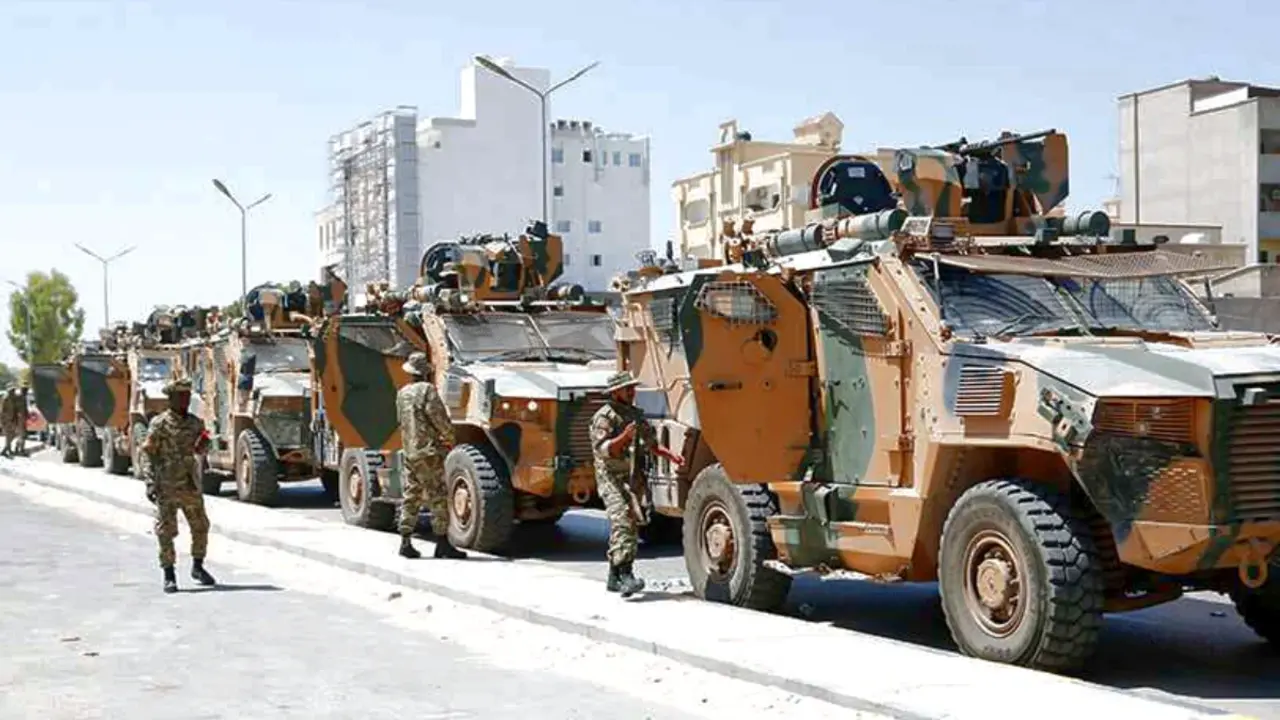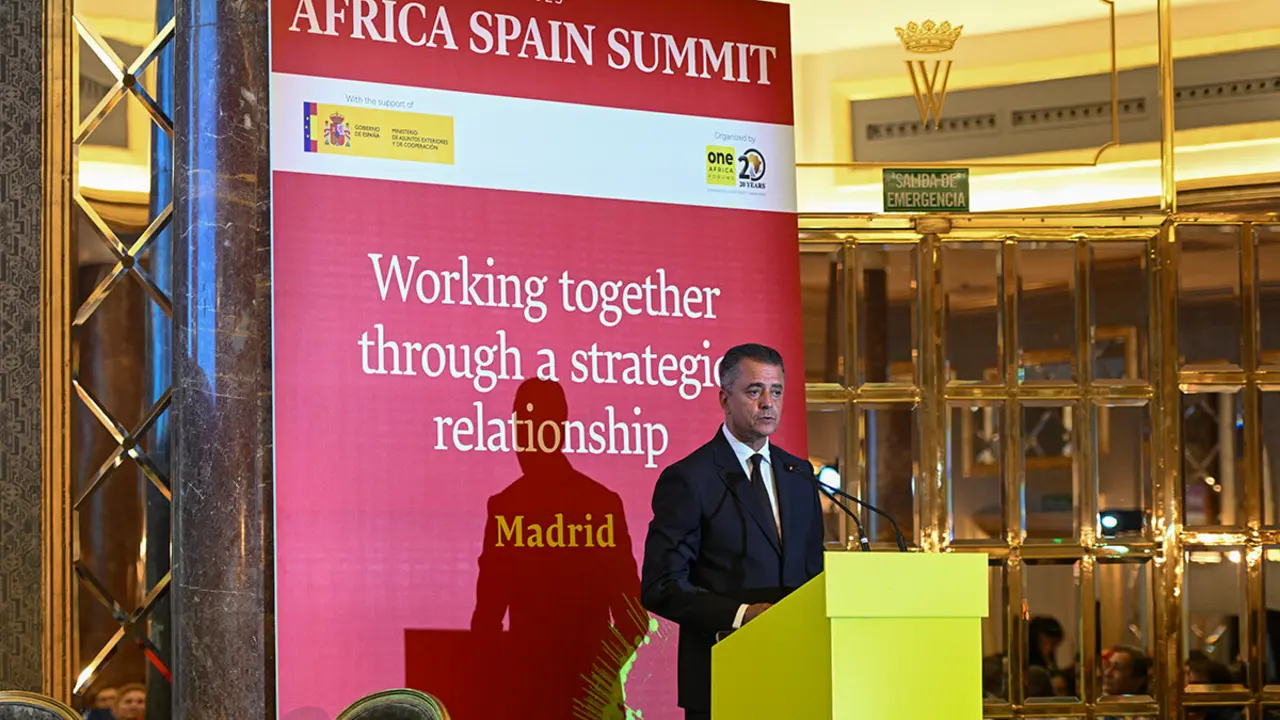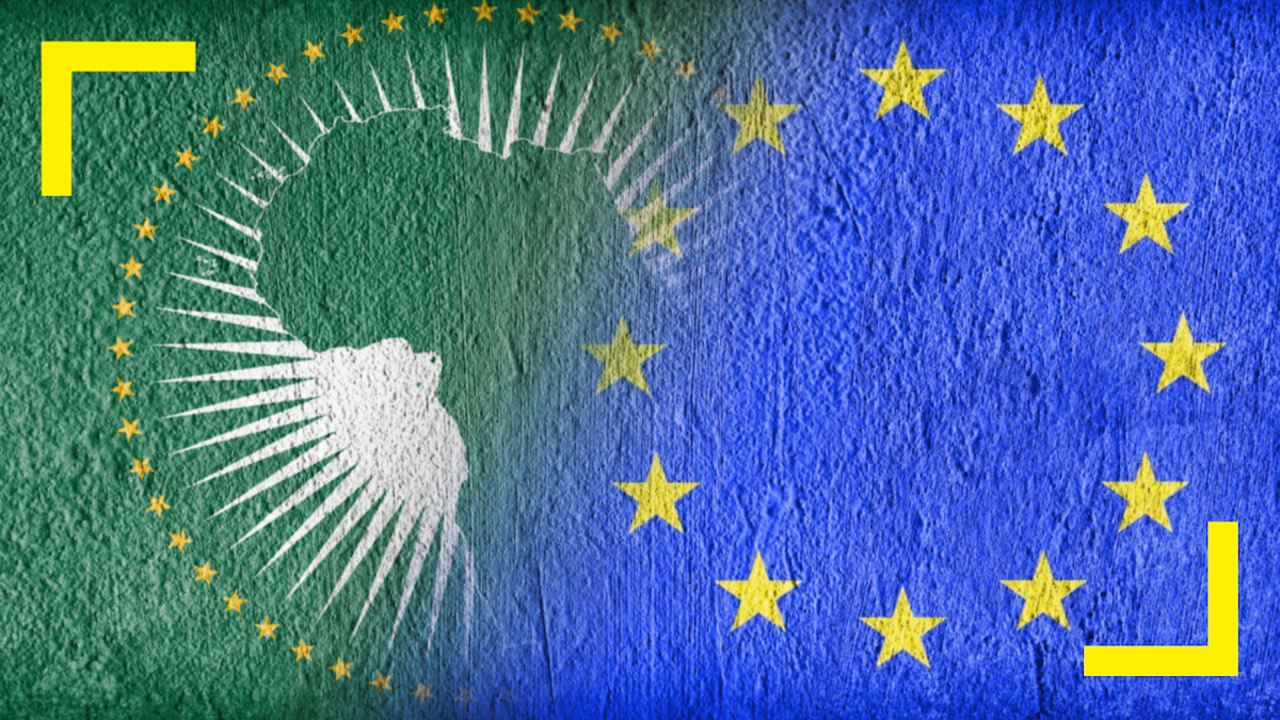United States seeks to deploy military forces in Tunisia

The United States Army Command in Africa (AFRICOM) has declared its intention to have an American military presence in Tunisia in view of the possibility of intervening in Libya amid concern over Russian activity in this area, something that is not being well seen from the upper echelons of the American giant.
AFRICOM issued an official statement indicating that the general in command Stephen Townsend had communicated to the Tunisian Minister of Defense, Imad al-Hazqi, by means of a telephone call, that there is a disposition to host commands in its territory.
"We’re looking at new ways to address mutual security concerns with Tunisia, including the use of our Security Force Assistance Brigade," the official note said, an initiative that could lead to a future deployment of U.S. troops to Libya.

It is well known that Russia has a strong presence in Libya, supporting the Libyan National Army (LNA) led by Marshal Khalifa Haftar, which is trying to break up the last major resistance of its rival, the Government of National Accord (GNA), in the capital of Tripoli. All this within the framework of the civil war in the North African nation has been taking place since 2014 between various actors who played a leading role in the fall of the Muammar al-Qadhafi dictatorship.
Haftar, allied with the other executive in the eastern city of Tobruk, argues that it seeks to end the fiefdom of Tripoli by denouncing elements of jihadist terrorism, among which are Syrian mercenaries sent by Turkey (an ally of Prime Minister Fayez Sarraj's ANG), in order to subsequently promote a democratic process. For its part, the government of Tripoli denounces what they consider a rebel coup d'état against a legitimate power, which is also recognized by the United Nations (UN) since 2016.

The position of the USA puts Tunisia in a compromise, taking into account the position in which the Tunisian country could be left before certain factions in Libya if it allows the US military presence as a possible spearhead to intervene in the neighbouring Libyan territory against the side formed by Haftar and Russia.
The country headed by Vladimir Putin has sent a second batch of Russian MiG-29 fighters, delivered in the last hours to Syria and ready to operate now in early June in favour of the LNA, military sources announced. The delivery was made with a symbolic act at the Russian air base of Hemymin, in Latakia province.
It should be noted that the Libyan conflict has become internationalised in recent months. On the one hand, the GNA is supported by Turkey, Qatar and Italy; while, on the other hand, the LNA is supported by Russia and by Saudi Arabia, the United Arab Emirates, Egypt and France. This North African country is highly appreciated for its location in the Mediterranean arc and its oil reserves, which adds even more interest to a civil war in Libya that has been going on for several years.

The president of Turkey, Recep Tayyip Erdogan, signed an agreement with the prime minister of the GNA, Fayez Sarraj, by virtue of which he granted him military support with his army and with the aforementioned pro-Turkish Syrian militiamen from the Syrian war (linked to former branches of terrorist groups such as Al-Qaeda, according to various media reports); an agreement that also served to distribute economic zones in the Mediterranean, key for gas prospecting, something that provoked international protest from Cyprus and Greece. In fact, the Greek country denounced before the international community the violation of the maritime borders of the Greek islands.
For its part, Tunisia has recently forged closer ties with Turkey in the area of defence. The web portal defensa.com reported at the end of April that the Turkish company Aselsan had sold a large number of portable Kangal frequency jamming systems to Tunisia. These could be installed in troop transport vehicles as protection against attacks. In recent months, the Eurasian nation has become one of Tunisia's most important suppliers, something that is not looked upon very favourably by some Mediterranean countries such as France or Greece.

In addition, Africa Intelligence's website reported last February that the Tunisian Army was planning to start operating armed drones from the Turkish Aerospace Industries (TAI). According to this information, the Turkish state conglomerate signed a first export contract for its Anka model in January. This contract was signed just one month after Turkish President Recep Tayyip Erdogan paid a surprise visit to Tunisia, where he spoke to his counterpart about the conflict in Libya and the regional tensions caused by the recent rapprochement between Ankara and the GNA.

All of this at a time when the United States views Russia's expansionism in North Africa with suspicion, detecting as necessary the reinforcement of its position in this strategic area to defend its interests and avoid the exacerbated growth of a political adversary such as the Russian nation.








